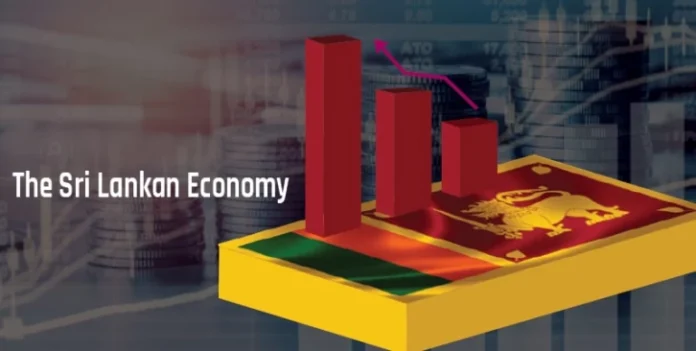By: Staff Writer
May 20, Colombo (LNW): Once a thriving hub of industry and enterprise, Sri Lanka is now reeling from the harsh fallout of its worst economic crisis in decades. Across the island, factories have gone silent, shops have shuttered, and thousands of livelihoods have vanished. The private sector—the engine of employment and growth—has taken a crushing blow, forcing businesses to close and pushing families into debt and despair.
According to the Department of Census and Statistics, 15.1% of Sri Lankans lost their jobs in 2023 alone, as the economic meltdown triggered mass layoffs and factory closures. The job losses hit men harder than women, with more male workers losing their main or secondary sources of income.
The ripple effects have been devastating. Over 60.5% of households saw a decline in monthly income, while 91.1% reported higher expenses, particularly on food, transport, and healthcare. As inflation soared and the cost of living skyrocketed, nearly a quarter of households were forced into debt. Meanwhile, 7% of the population couldn’t afford proper healthcare, further deepening the social impact of the crisis.
Sri Lanka’s business sector, especially small and medium-sized enterprises (SMEs), bore the brunt of the collapse. Many were forced to shut down or downsize due to fuel shortages, import restrictions, and a lack of access to affordable credit. Export-oriented factories in key industrial zones such as Katunayake and Biyagama were particularly hard hit, as global demand wavered and production costs surged.
In the absence of foreign currency, companies struggled to import raw materials, stalling production lines and severing supply chains. A wave of closures followed, with an estimated 30% of SMEs either ceasing operations or drastically cutting back.
This economic crisis has not only crippled business but also eroded the foundations of daily life. The government now faces the urgent challenge of restoring economic stability, attracting investment, and reviving local industry. Without bold reforms and international support, Sri Lanka risks long-term stagnation and further loss of livelihoods.
